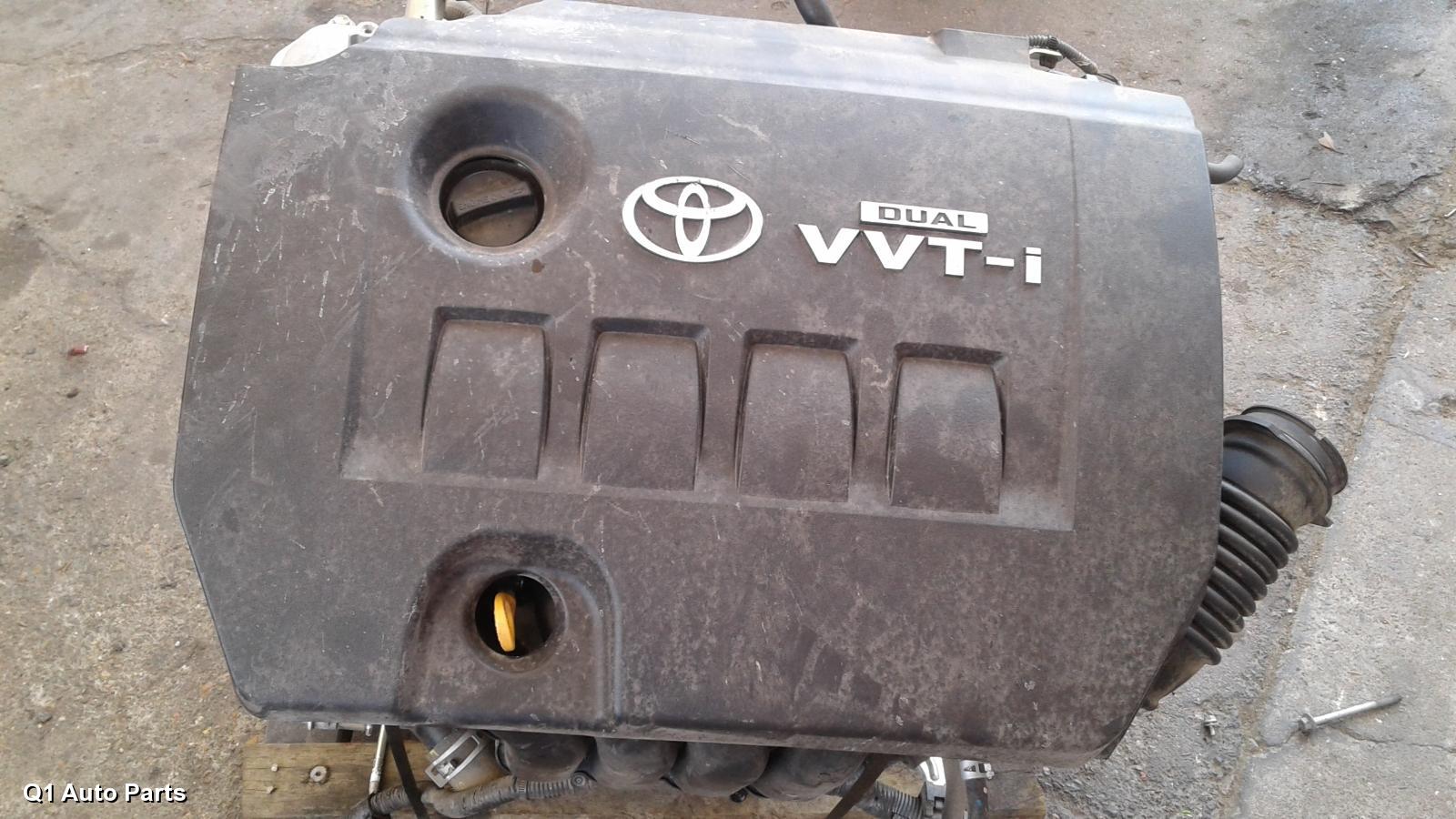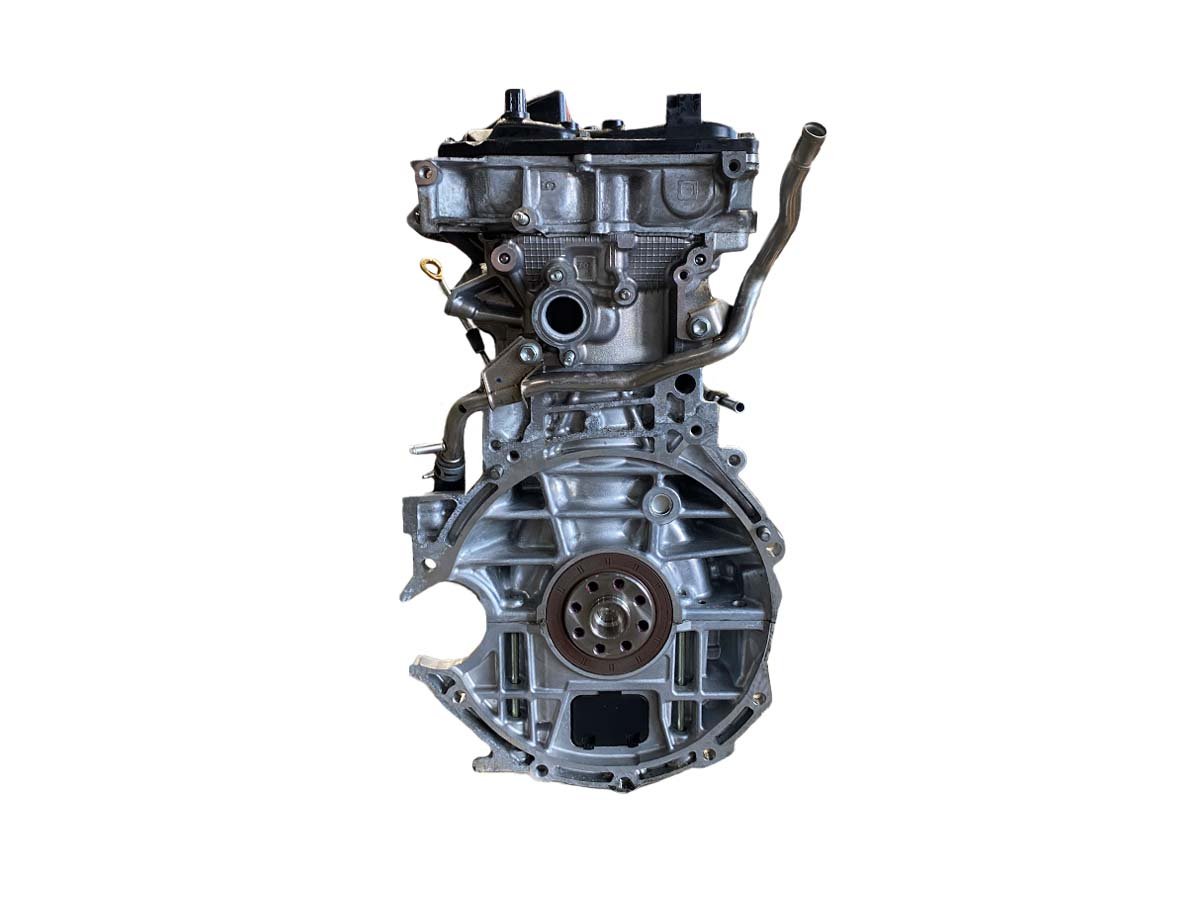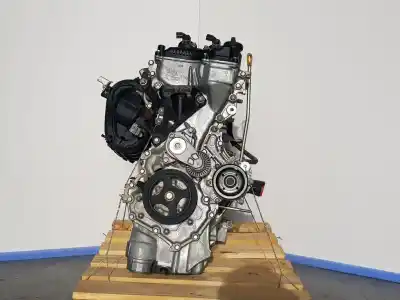Discovering the Special Features of the Toyota RunX RSI Design
Discovering the Special Features of the Toyota RunX RSI Design
Blog Article
Explore Quality and Value: Your Guide to Buying a Second Hand Engine
When considering the purchase of a second-hand engine, understanding the intricate equilibrium between high quality and value is extremely important. A comprehensive assessment of engine background, problem, and dependability is crucial to guarantee a sound financial investment.
Recognizing Engine Kind
When thinking about the acquisition of a second-hand engine, comprehension of the numerous engine types is crucial for making a notified decision. Engines can normally be categorized into 2 primary types: interior burning engines and electric engines.
On the various other hand, electrical engines use electricity stored in batteries to power the car, providing a cleaner alternative with fewer moving parts and lowered upkeep demands. Within these classifications, there are additionally distinctions, such as four-stroke versus two-stroke inner burning engines, and different electrical motor configurations.
Understanding these distinctions is important, as they impact performance, compatibility with existing automobile systems, and long-term operational expenses. By familiarizing oneself with the various kinds of engines readily available, potential customers can better analyze their demands and choose that line up with their vehicle's requirements and their individual choices.

Assessing Engine Problem
A comprehensive assessment of engine condition is critical for anyone considering the purchase of a used engine. Start with an aesthetic assessment; look for signs of oil leakages, rust, or any type of physical damages to the engine block. A tidy engine is commonly a measure of great maintenance practices, while extreme gunk might recommend forget.
Following, examine the engine's parts, including the timing belt, gaskets, and seals. Look for deterioration, as these parts can be pricey to change. Furthermore, take a look at the engine mounts, as harmed mounts may cause resonances and additional mechanical concerns.
A compression test is vital to evaluate internal engine wellness. Consistent compression throughout all cylinders shows a well-kept engine, whereas substantial discrepancies may indicate interior damages or wear.
Paying attention to the engine during a startup can give useful insights; any unusual noises, such as rattling or knocking, may recommend much deeper problems. If possible, request a test run to review performance under lots. By carefully examining these variables, possible purchasers can make enlightened choices and safeguard a high quality used engine.
Checking Engine Background
Understanding the engine's background is crucial for making a knowledgeable purchase. Expertise of previous usage, maintenance documents, and any past problems can substantially influence the engine's reliability and long life. Begin by asking for the lorry identification number (VIN) or engine identification number, which permits you to map the engine's background.
Utilize readily available sources, such as Carfax or AutoCheck, to obtain a lorry history record. This report will certainly offer essential insights, consisting of accident history, service records, and previous possession information. Toyota RunX RSI. Pay specific focus to any type of signs of extreme damages or repeated repair services, which may indicate underlying problems
Inquire regarding upkeep routines performed on the engine. Routine oil adjustments, timing belt replacements, and various other safety nets reflect responsible ownership. Furthermore, ask if the engine has actually undertaken any type of alterations, as non-standard alterations can impact performance and compatibility with your lorry.
Lastly, preferably, look for verification from a relied on technician who can evaluate the engine's problem based upon its background (Toyota RunX RSI). This comprehensive examination will help you avoid potential pitfalls and make sure go now that your investment is sound and beneficial
Service Warranty and Return Policies
Buying a pre-owned engine often comes with varying warranty and return plans that can considerably impact your choice. When taking into consideration an utilized engine, it is vital to extensively review the guarantee choices provided by the vendor.

Furthermore, respectable vendors frequently offer documentation that describes the warranty and return procedure, making certain openness. Constantly ask for this information prior to finalizing your purchase. A well-defined service warranty and return plan can offer tranquility of mind and protect your financial investment, making it an integral component of the decision-making process when buying a used engine.
Discovering the Finest Deals
When looking for the very best bargains on a pre-owned engine, it is essential to perform detailed research study and compare prices from different sellers. Beginning by checking out online marketplaces, automotive forums, and local salvage lawns to gather a comprehensive understanding of the market. Using cost comparison devices can improve this procedure, highlighting affordable rates across various systems.

Think about timing your acquisition tactically. Seasonal changes in need can affect rates, with particular times of the year offering better bargains. Additionally, be open to bargaining rates; numerous vendors might agree to decrease their asking cost, especially if the engine has actually been provided for an extensive duration.
Verdict
In recap, purchasing a used engine requires a complete assessment of quality and value. Reviewing engine condition through examinations and examinations, verifying its background, and comprehending guarantee and return plans are essential steps. Additionally, contrasting costs across different sellers makes sure the most effective economic decision. By sticking to these guidelines, buyers can boost their chances of acquiring a reliable engine that satisfies their demands while staying clear of potential challenges connected with second-hand acquisitions.
When thinking about the acquisition of a used engine, understanding of the different engine types is essential for making an educated decision. Engines can normally be classified right into 2 main kinds: internal burning engines and electric engines. Gas engines are commonly lighter and rev higher, making them ideal for efficiency lorries, while diesel engines are renowned for their torque and gas efficiency, usually preferred in sturdy applications.
A detailed evaluation of engine problem is critical for any person thinking about the purchase of a second-hand engine. Beginning by requesting the look at these guys car identification number (VIN) or engine serial number, which enables you to map the engine's background.
Report this page